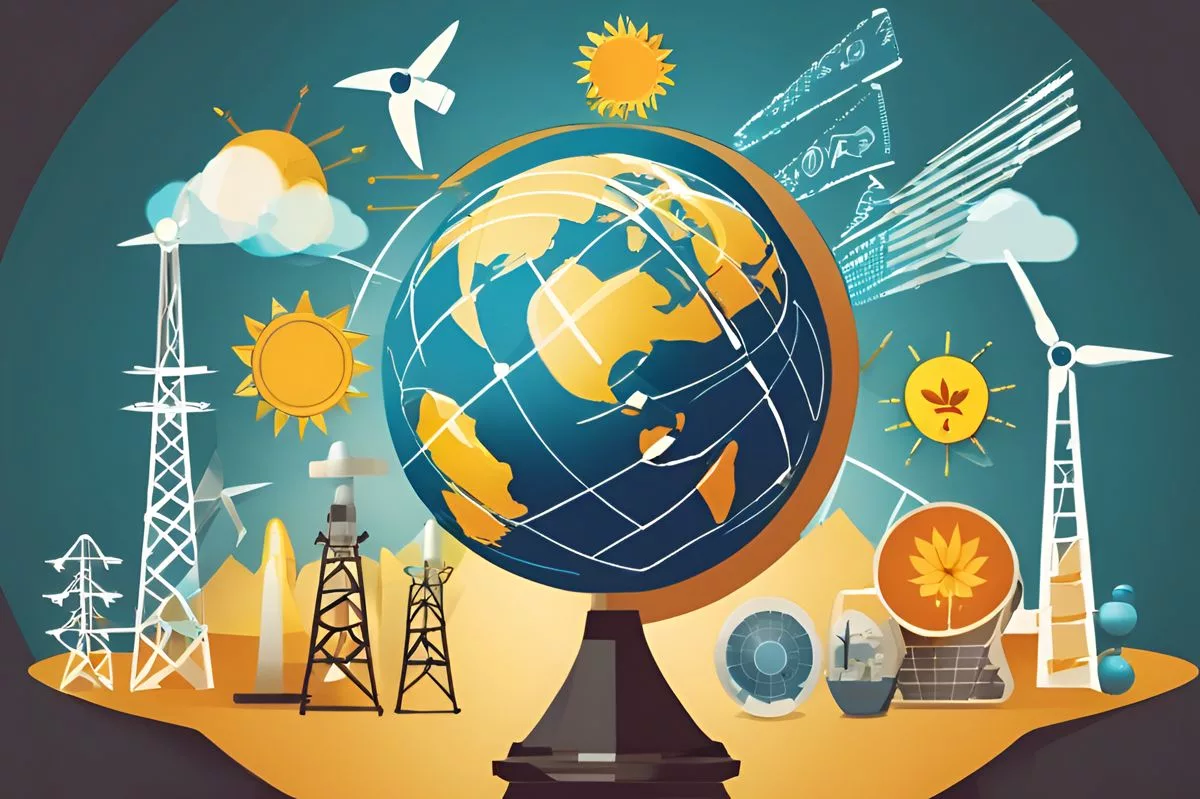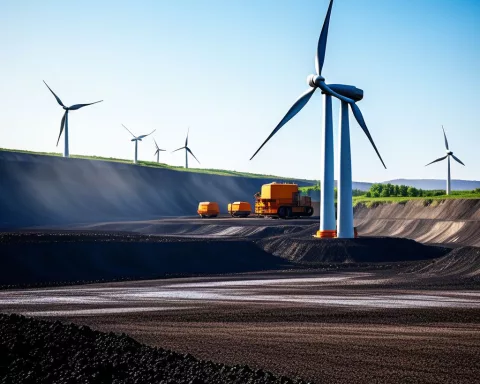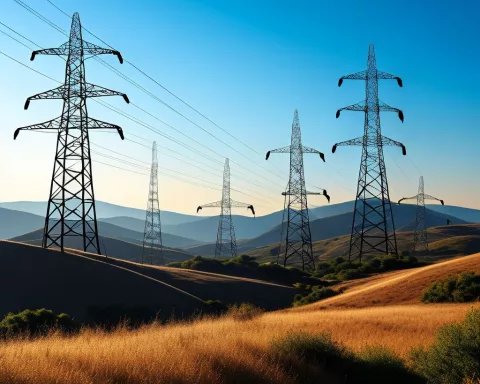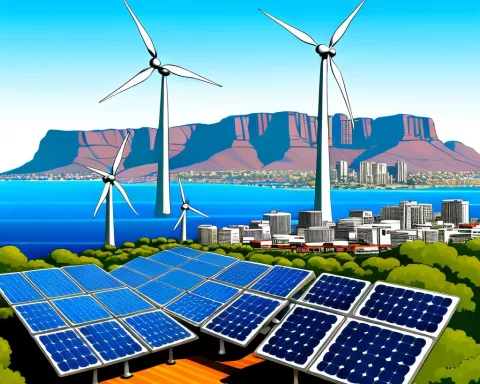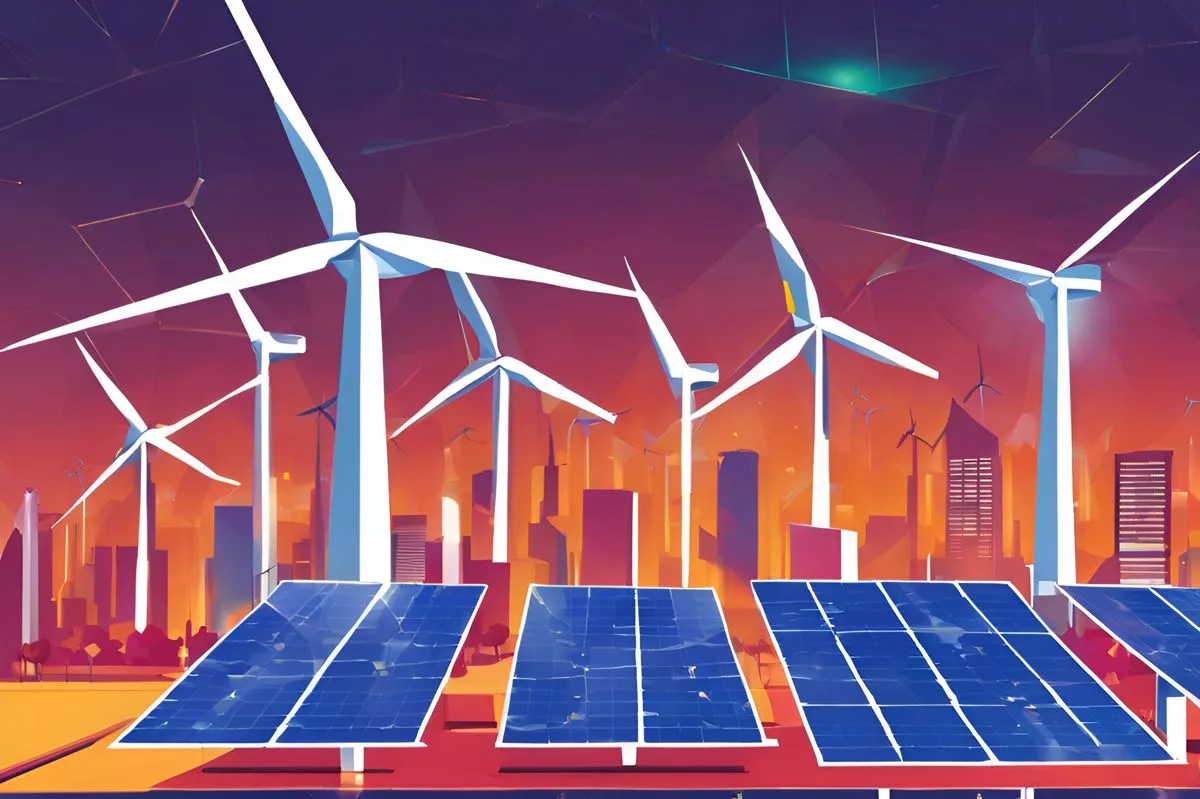The 9th BRICS Energy Ministerial Meeting brought together leaders from Brazil, Russia, India, China, and South Africa to tackle big global energy issues. They talked about using different energy sources, like hydrogen and nuclear, and the need for countries to work together to be energy independent and environmentally friendly. With a focus on sharing technology and supporting each other’s growth, this meeting aimed to create a brighter and fairer energy future for everyone. The spirit of cooperation shown here is a powerful step toward sustainable energy for all.
What was discussed at the 9th BRICS Energy Ministerial Meeting?
The 9th BRICS Energy Ministerial Meeting focused on uniting emerging economies to address global energy challenges. Key topics included energy sovereignty, carbon neutrality, technology transfer, and diverse energy strategies like hydrogen and nuclear energy. The meeting aimed to create a collaborative framework for sustainable energy development.
Setting the Global Energy Agenda in Moscow
Moscow, the bustling heart of Russia, recently hosted the 9th BRICS Energy Ministerial Meeting, a pivotal event in the arena of global energy discussions. This assembly gathered key voices from leading emerging economies at a critical juncture when the global community faces the challenges of transitioning energy systems. Dr. Kgosientsho Ramokgopa, South Africa’s Minister of Energy and Electricity, delivered an impactful speech, articulating a vision that seeks to harmonize development goals with sustainable energy solutions. His address highlighted the complex interplay between energy security, economic growth, and environmental responsibility—an endeavor both challenging and inspiring.
The influence of BRICS—a coalition of Brazil, Russia, India, China, and South Africa—on global energy is increasingly significant. This meeting was not merely a gathering of dignitaries; it symbolized a shared commitment to reshaping global energy landscapes. Dr. Ramokgopa spoke on the critical need for energy sovereignty, emphasizing that no nation should be left behind in this transition. His message resonates with historical narratives of post-colonial independence, as nations once again assert their roles on the global platform.
Dr. Ramokgopa also expressed gratitude towards the Russian hosts, recognizing Russia’s substantial contribution to global energy supplies. Russia’s abundant fossil fuel reserves and advances in nuclear technology present both opportunities and complexities. This blend of traditional and modern energy resources positions Russia as a key player in navigating the future of renewable energy.
The Expanding Influence of BRICS
The expansion of BRICS signifies an acknowledgment of the consortium’s growing influence in the international sphere. In a world shifting away from a unipolar power structure, these emerging economies have a substantial voice. The ministerial meeting marked a significant step towards creating a unified energy policy framework prioritizing access, security, and affordability. This cooperative approach mirrors historical movements such as the Non-Aligned Movement, which carved out a space beyond Cold War divisions.
South Africa’s approach, articulated by Dr. Ramokgopa, reflects the pragmatic strategies of a nation working to diversify its energy portfolio away from coal dependency. The focus on carbon neutrality and net-zero objectives, tailored to each nation’s context, acknowledges the diverse capacities within BRICS. This approach aligns with global environmental policies like the Paris Agreement, which advocates for differentiated responsibilities.
In his speech, the minister highlighted the potential for cooperative ventures in critical minerals and rare-earth elements necessary for the green economy. These resources, often found in developing nations, present a unique opportunity for BRICS countries to lead in developing renewable technologies. By leveraging these assets, member states could significantly influence the global supply chain, much like the industrial revolutions of previous centuries.
Embracing Diverse Energy Strategies
The discussions at the meeting also touched on innovative solutions such as hydrogen energy, nuclear advancements, and clean coal technologies, all integral to a comprehensive energy strategy. Recognizing the diversity of resources and technological capabilities within BRICS, this strategy departs from a one-size-fits-all model. Over centuries, the evolution of energy policy has transitioned from wood and coal to a complex mix of energy sources, and BRICS aims to lead this progression.
Addressing energy poverty and developing infrastructure emerged as key focuses for BRICS. Infrastructure forms the backbone of any energy policy, reminiscent of the transformative public works of the Renaissance or the industrial expansions of the 19th century. Today, developing energy infrastructure is not solely about economic growth; it is intertwined with climate resilience and sustainable urbanization.
The call for technology transfer and intellectual property sharing among BRICS nations underscores a commitment to joint advancement. This collaborative spirit harkens back to the Enlightenment era, where sharing knowledge and innovation fueled progress. These initiatives are essential for advancing energy efficiency and fostering skills development, echoing past educational and industrial reforms.
Strategic Alliances and Future Prospects
Dr. Ramokgopa’s remarks also touched on the geopolitical dynamics surrounding the meeting. The synchronicity of Russia hosting BRICS and Brazil the G20, with South Africa preparing for future summits, signals a strategic alignment reminiscent of historical alliances. Such coordination is akin to the Bandung Conference of 1955, which set the stage for South-South cooperation.
As Dr. Ramokgopa concluded his address, his hopes for the success of the BRICS presidency and upcoming G20 meetings encapsulated a shared vision for a sustainable future. The focus on ensuring that the ministerial communique translates into tangible actions reflects a commitment to producing meaningful outcomes, echoing the pragmatic optimism that has driven transformative global movements throughout history.
In conclusion, the 9th BRICS Energy Ministerial Meeting stands as a testament to the power of collaboration in addressing energy challenges. It highlights the potential of emerging economies to influence a just and inclusive energy transition, mirroring historical shifts that have redefined eras. The discussions and decisions made at this meeting hold the promise of a future where energy not only drives development but does so equitably and sustainably.
FAQ on the 9th BRICS Energy Ministerial Meeting
What was the main focus of the 9th BRICS Energy Ministerial Meeting?
The main focus of the meeting was to unite emerging economies to address global energy challenges. Key topics included energy sovereignty, carbon neutrality, technology transfer, and diverse energy strategies such as hydrogen and nuclear energy. The goal was to create a collaborative framework for sustainable energy development.
Where was the 9th BRICS Energy Ministerial Meeting held?
The meeting took place in Moscow, Russia. It served as a pivotal platform for discussions among leaders from Brazil, Russia, India, China, and South Africa regarding the global energy landscape and the need for sustainable energy solutions.
How does BRICS plan to achieve energy sovereignty and environmental responsibility?
BRICS aims to achieve energy sovereignty by emphasizing the importance of each member nation asserting its role in energy transition while ensuring no country is left behind. The meeting highlighted the need for a harmonious balance between energy security, economic growth, and environmental responsibility, allowing for differentiated approaches tailored to each country’s context.
What innovative energy strategies were discussed during the meeting?
Participants discussed various innovative strategies, including hydrogen energy, nuclear advancements, and clean coal technologies. BRICS emphasized a comprehensive approach that recognizes the diversity of resources and technological capabilities within member nations, moving away from a one-size-fits-all model.
How does the meeting relate to global environmental policies like the Paris Agreement?
The discussions reflected BRICS’ commitment to carbon neutrality and net-zero objectives, aligning with global policies such as the Paris Agreement. Member states acknowledged their diverse capacities and emphasized the importance of tailored approaches to meet both national and international environmental goals.
What is the significance of technology transfer among BRICS nations?
Technology transfer is crucial for advancing energy efficiency and fostering skills development within BRICS countries. The spirit of collaboration and knowledge sharing aims to enhance each nation’s capabilities, driving progress in renewable energy technologies and ensuring a collective advancement toward sustainable energy solutions.

